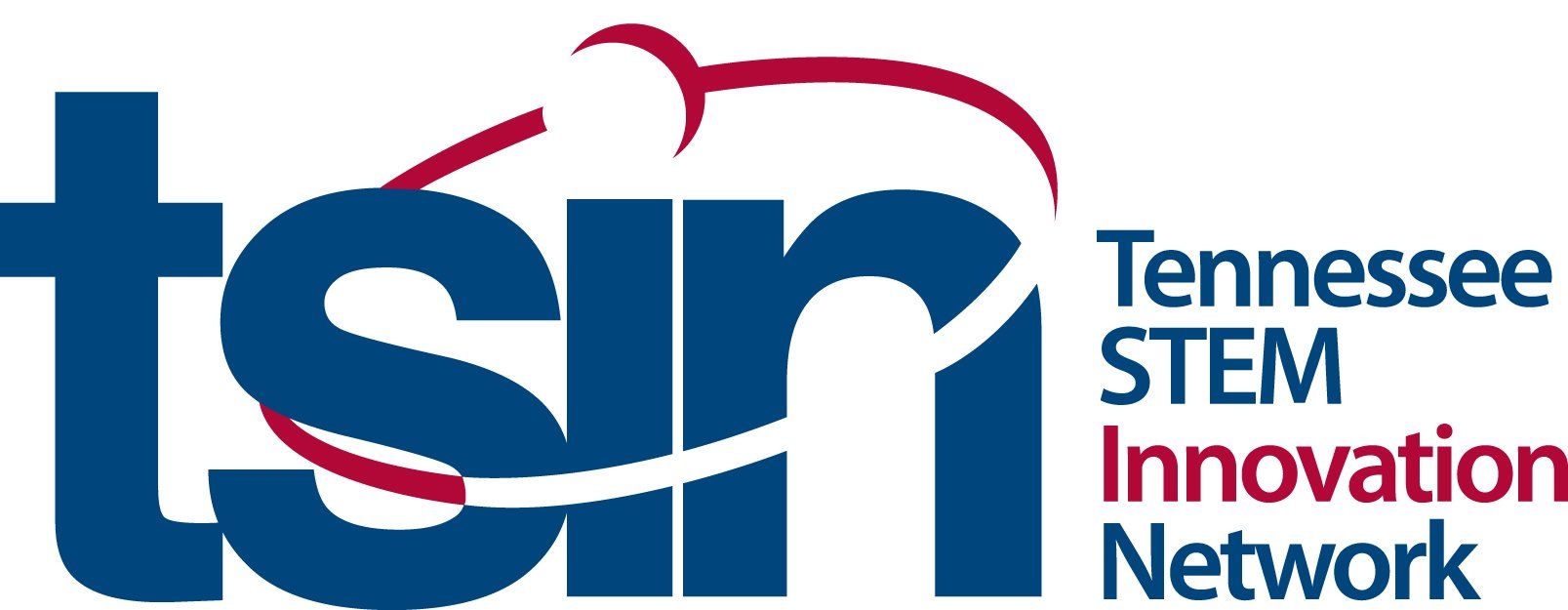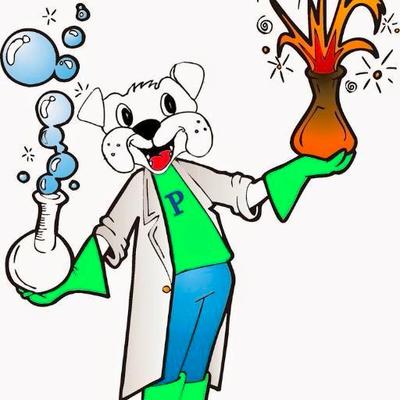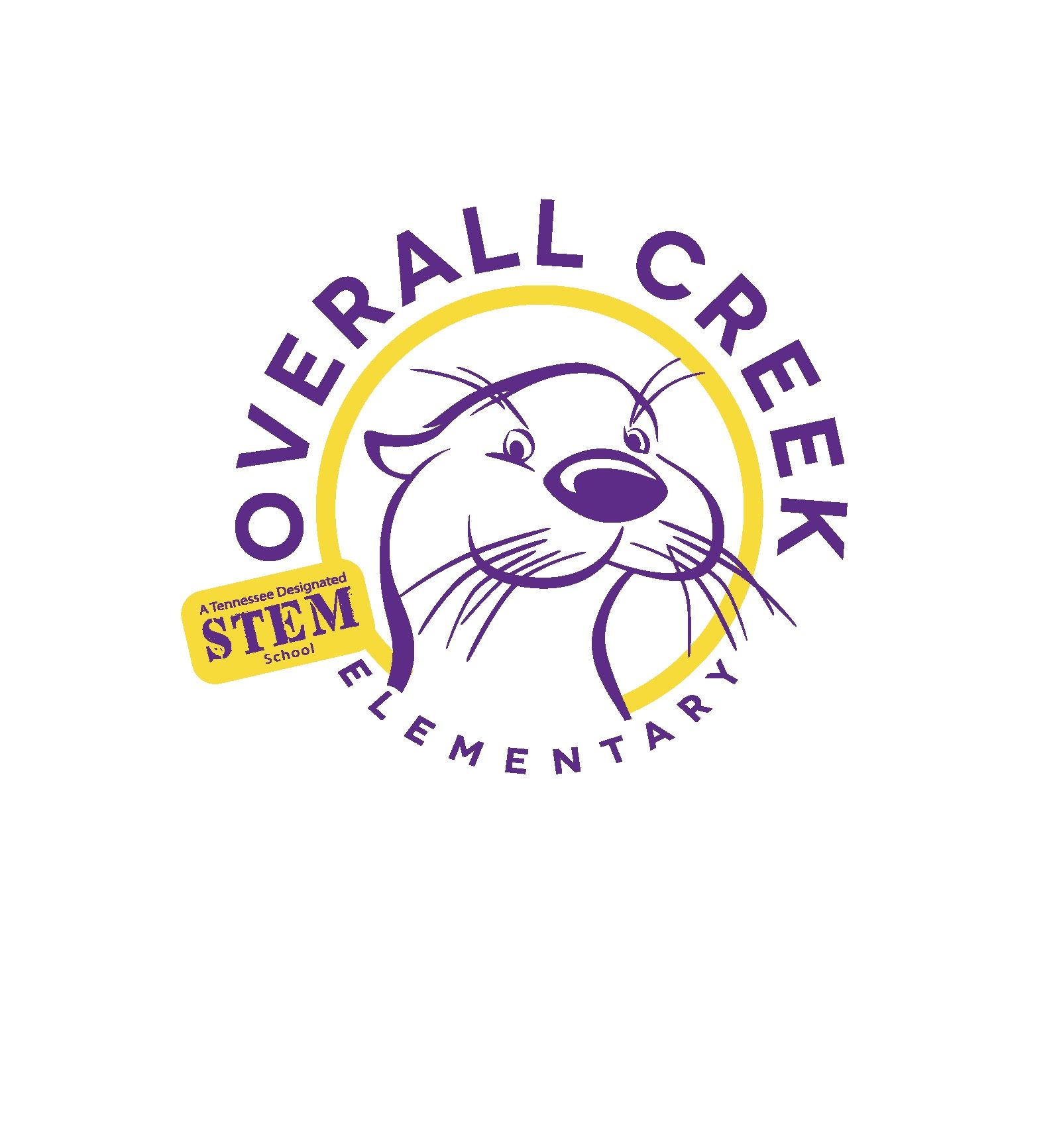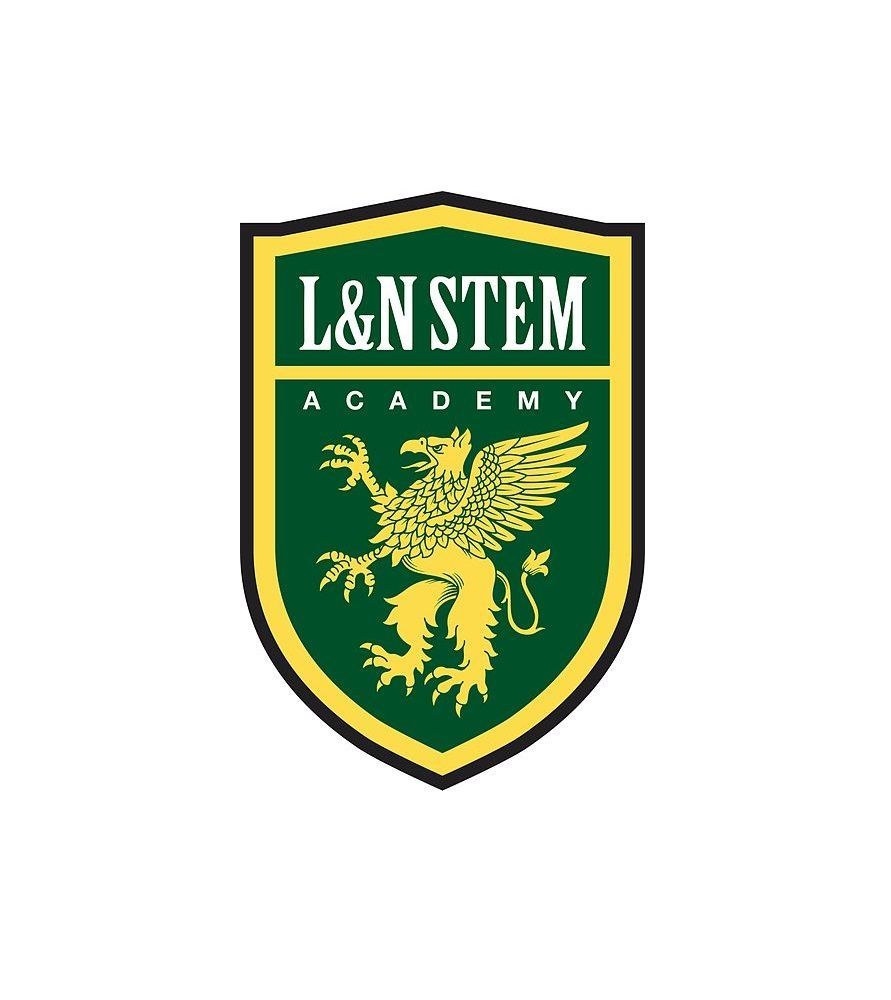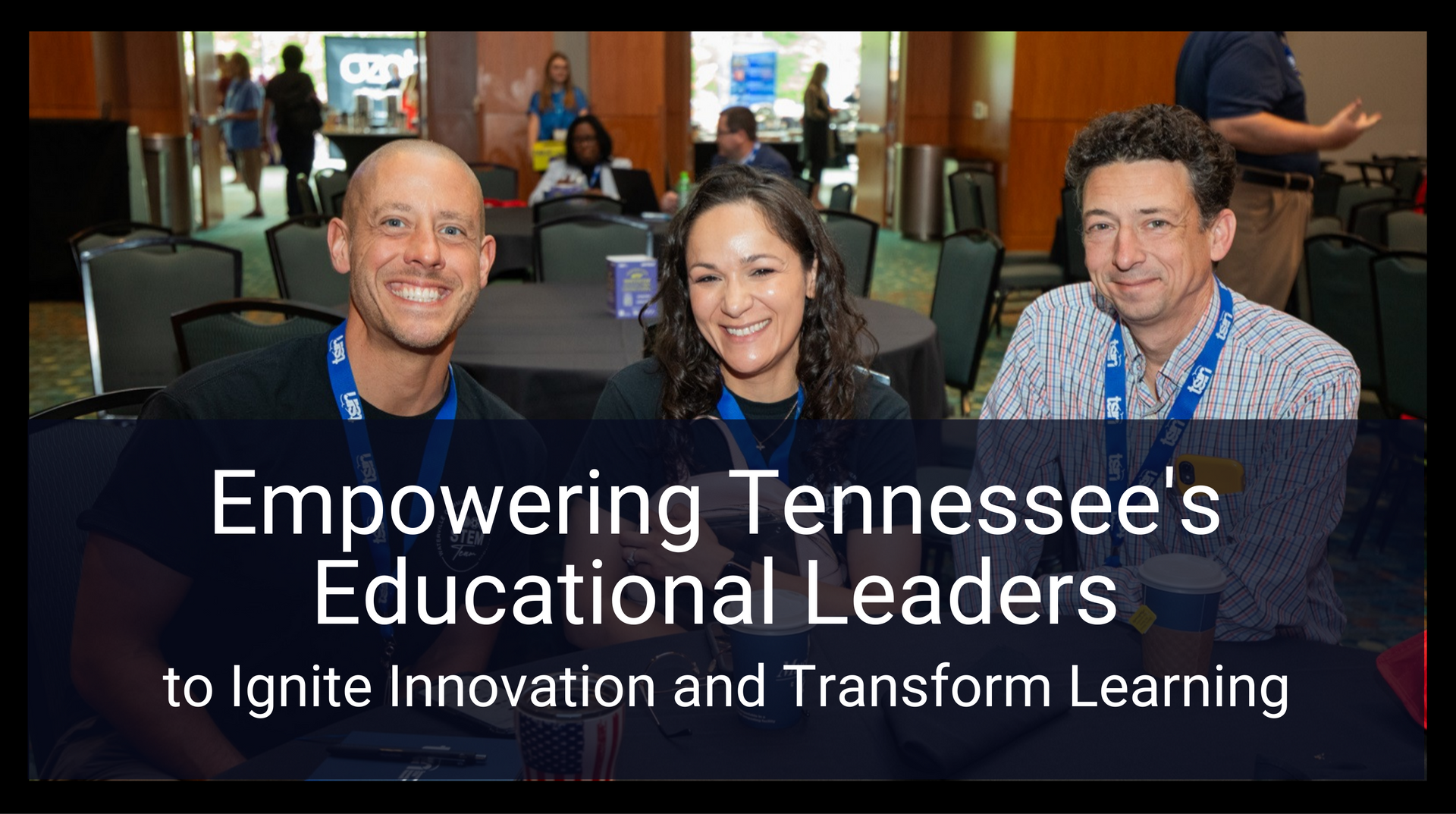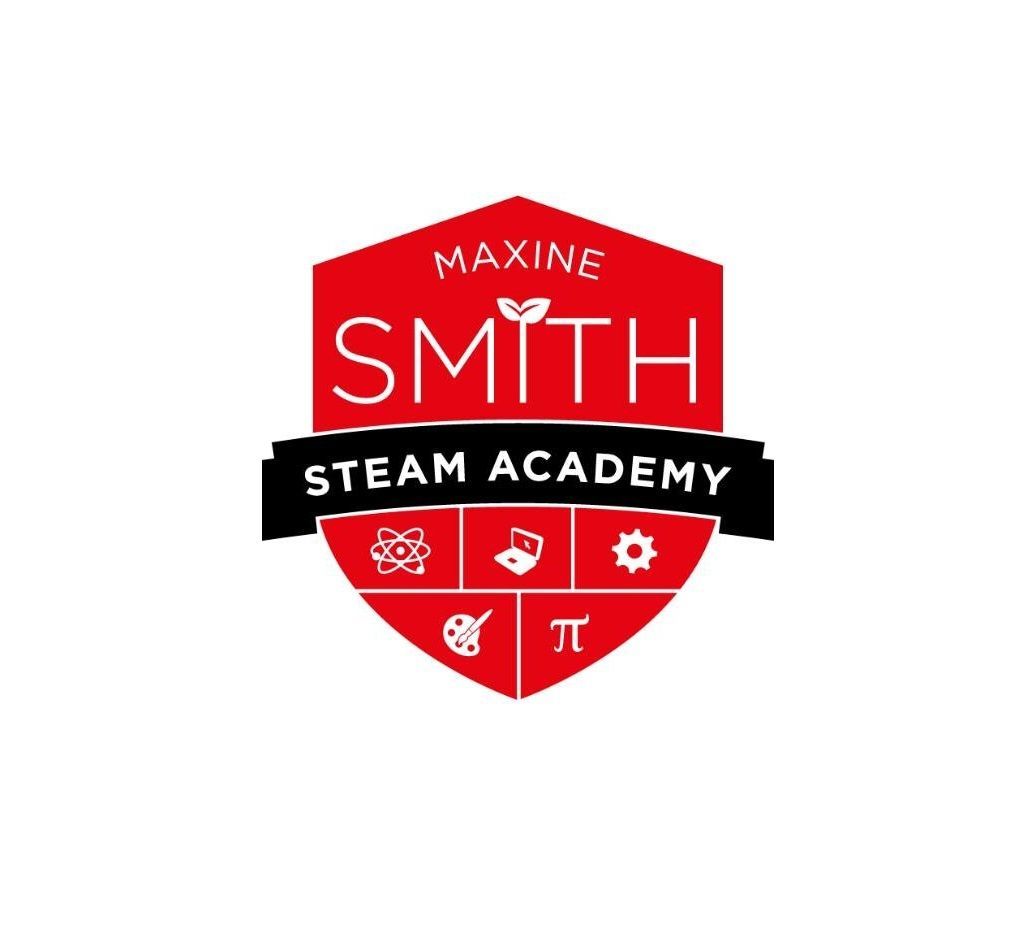Coding and Beyond: Supporting STEM Mindsets through CS Education
Tennessee recently approved the state’s first ever computer science standards for K-8 students, which will be implemented in classrooms starting in the 2019-2020 school year. Though this exciting step helps prepare a more technologically literate workforce, the standards also reinforce strong problem solving and critical thinking habits in students. One might think Computer Science (CS) […]Read more The post Coding and Beyond: Supporting STEM Mindsets through CS Education appeared first on Tennessee STEM Innovation Network.

The most important aspect of CS is problem solving – an essential skill that holds value for every student.
What skills do Computer Science lessons reinforce?
Although CS lessons are diverse and include a wide range of topics, they generally follow a core framework. One core tenet of CS is to take a complex problem and break it down into simpler parts that are easier to solve. This type of learning experience encourages students to use a systemic approach to solving intricate problems.
There are multiple lessons throughout open-source CS curriculum (examples and links below!) that focus on top-down problem-solving strategies. Breaking a problem down into layers of sub-tasks and writing steps (or series of ‘commands’) to solve those tasks represents the creative act of abstraction. This process also leads students to identify solutions that are more efficient. A teacher might encourage students to practice abstraction by prompting learners to predict what a newspaper article might be about by looking only at the headline or tasking students to decide the most logical order for a series of research tasks.
Plugged or Unplugged?
Access to technology does not need to serve as a barrier to quality CS opportunities for students. “Unplugged” activities teach CS concepts using pencil and paper or other physical manipulatives. These opportunities help students understand complicated concepts that are complimentary to “plugged”, or computer based, activities and can set the stage for a plugged lesson investigating a similar concept.

Technology access should not be a barrier to CS Education. Unplugged activities teach students the abstraction skills found in online CS Ed opportunities.
Learn More
CS and computational thinking are more than just coding or programming. Instead CS is an approach to problem solving that combines logic, abstraction, and creativity to encourage students to develop applicable solutions. Helping students understand that CS will prepare them to tackle complex problems, no matter what profession or industry they enter, encourages engagement from all students in your classroom.
Suggested Activities and Resources:
K-6 Grade Bands:
6-12 Grade Bands:
The post Coding and Beyond: Supporting STEM Mindsets through CS Education appeared first on Tennessee STEM Innovation Network.
